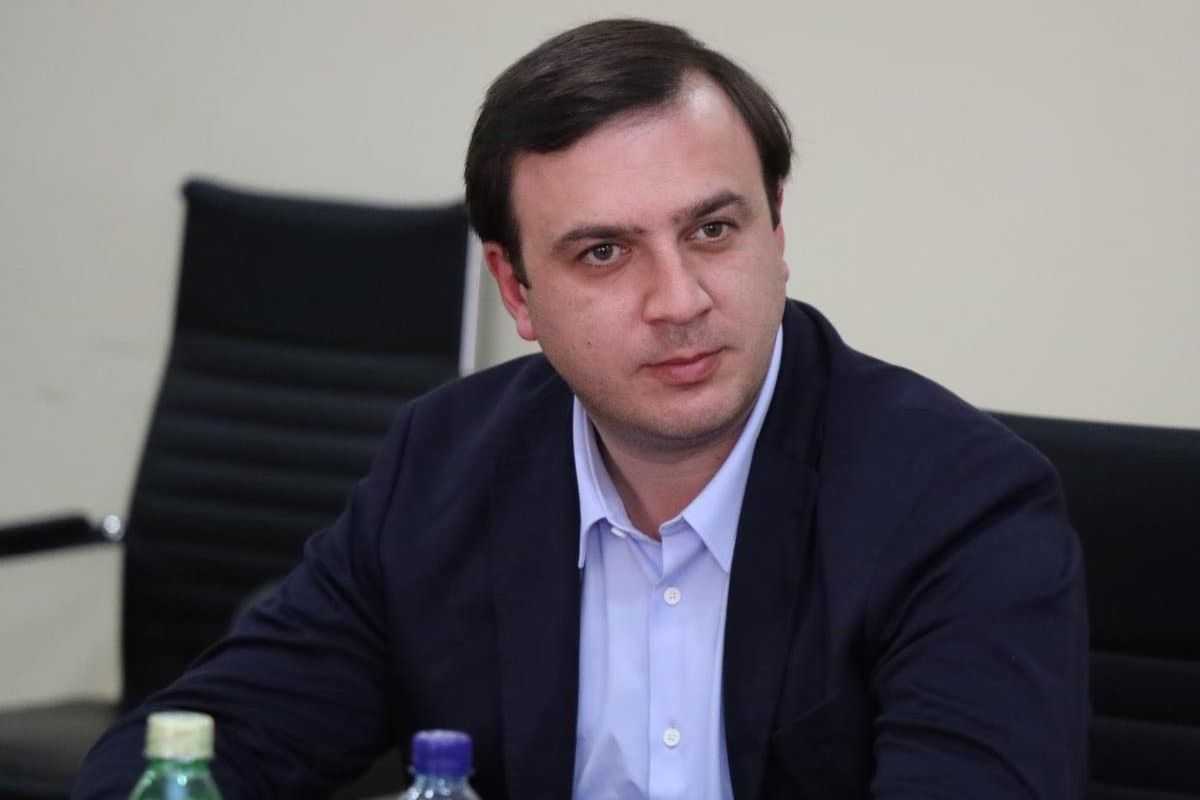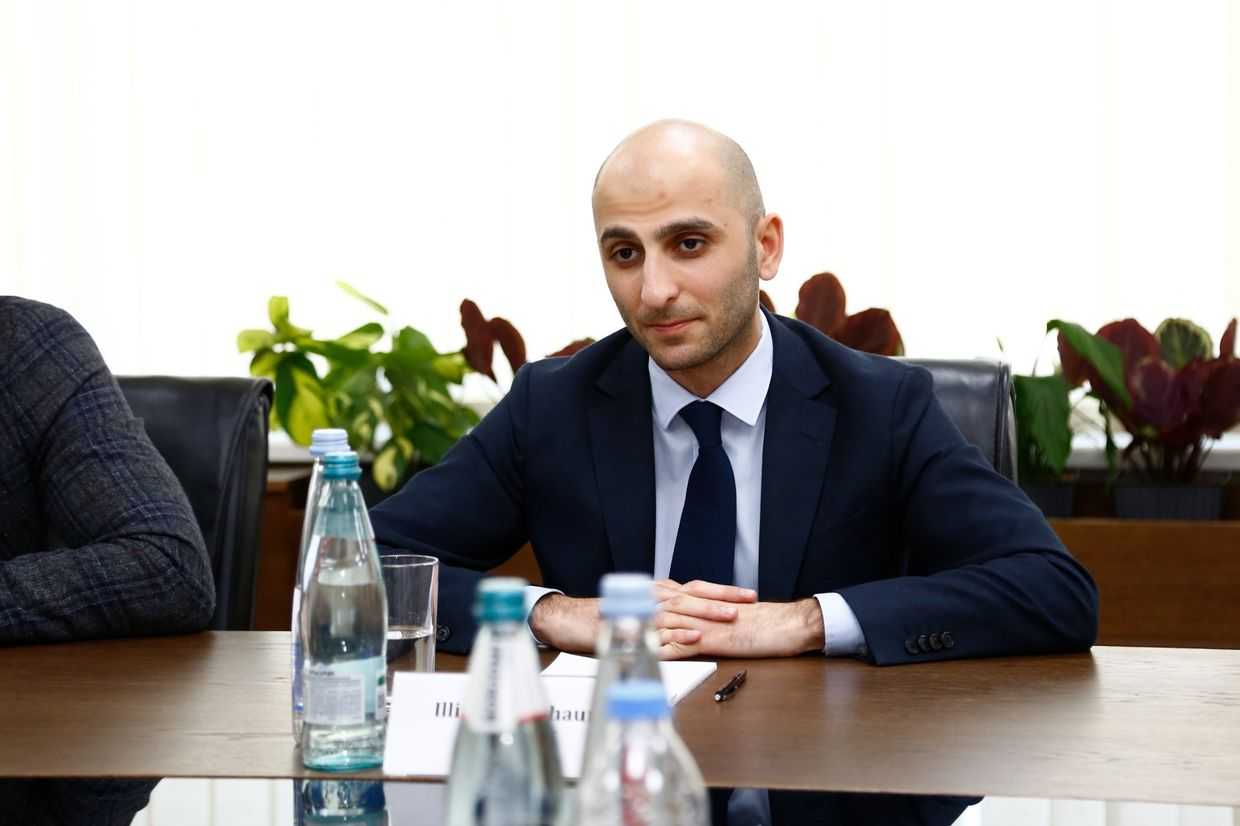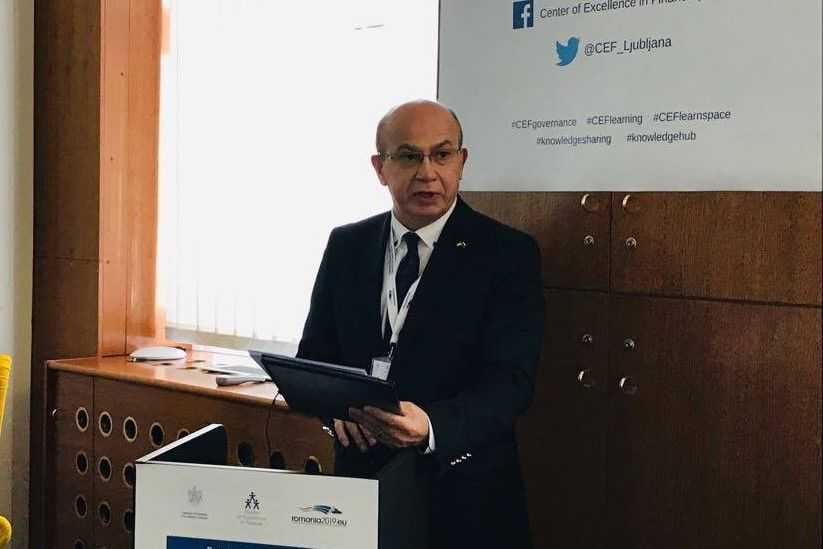
A British political consultant working with the opposition United National Movement (UNM) has been barred from entering Georgia in a move the party has described as government interference in the upcoming elections.
Ben Mallet was denied entry to Georgia upon landing in Tbilisi on Sunday night, despite having been in the country the previous week, according to the UNM’s Chair, Levan Khabeishvili.
The party’s General Secretary, Petre Tsiskarishvili, said on Monday that Mallet had come to Georgia to help the UNM develop a political and public relations strategy.
Mallet is the director of international campaigns at the Messina Group, a US-based consulting firm founded by Jim Messina, US President Barack Obama’s former campaign manager. He has previously worked with former British prime ministers Boris Johnson and David Cameron.
Neither Mallet nor the Messina Group have made statements regarding the incident.
On Monday, RFE/RL reported that Mallet was denied entry due to ‘other cases provided for by the legislation of Georgia’ — a vague clause which has been used to deny foreign journalists, academics, and human rights activists entry into the country.
Tsiskarishvili said that Georgia’s border control had also confiscated Mallet’s phone and laptop.
‘He was told: “if you want your passport and your personal belongings back quickly, take a ticket as soon as possible and fly in any direction from Georgia” ’, Tsiskarishvili told Formula on Monday.
The UK’s Ambassador to Georgia, Mark Clayton, stated that the embassy was in communication with the Georgian authorities to investigate Mallet’s denial of entry.
The UNM later held the ruling Georgian Dream party responsible for blocking Mallet’s entry into Georgia.
However, on Monday, the Deputy Minister of Internal Affairs, Aleksandre Darakhvelidze claimed that Mallet had the ‘right to appeal if he does not agree with the decision’.
‘This is a standard procedure’, he said.
‘I can’t talk about the standards because thousands of people cross the border of Georgia every day and I can’t know the personal affairs of all people, and therefore, I don’t know what factual circumstances [the border guards] based their decision on,’ he said.
On Tuesday morning, Davit Kirkitadze, a UNM member, stated that Mallet was barred from entry as part of Georgian Dream’s plan to tamper with the upcoming 2024 general elections.
‘The falsification of elections, obstruction of political entities, does not happen only on the day of the elections, it starts long before’, he said.
‘Standard procedure’
Georgian border guards have in recent years increasingly barred foreign citizens from entry based on what appear to have been political grounds. This has included Russian, Belarusian, and Azerbaijani opposition figures and journalists among others.
Tamta Mikeladze, the director of the Social Justice Center, told OC Media that the State Security Services maintained a list of people who should not be granted entry.
‘It is not legally regulated, by what standard of proof, in what cases, by whom a person is included in this list’ said Mikeladze, adding that the provision under which Mallet and others were denied entry into the country is ‘problematic’.
‘This other case provided by the law and the practice of applying this article shows that [it is vague] and contains high risks of arbitrariness, and we see its discriminatory use in some cases’.
‘In many cases, when it came to political journalists from Azerbaijan, […] Chechnya, or researchers who work on sensitive issues in Georgia, they were refused on this basis’, she said.
‘I think that in this case too, this arbitrary provision would really give the government the opportunity to use it for political purposes.’









